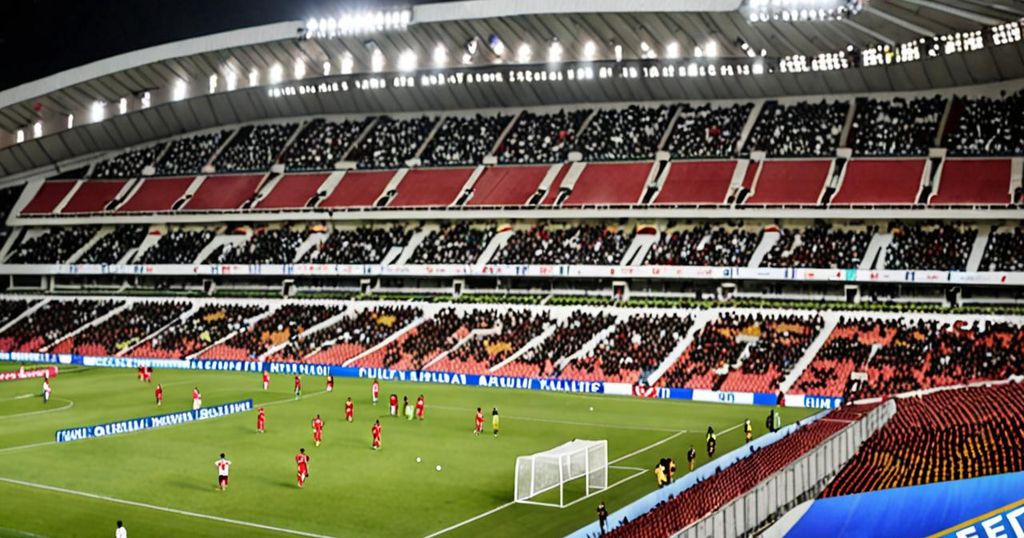FIFA has enforced registration bans on five Indonesian football clubs, including the prominent Persija Jakarta, citing concerns regarding player transfers. The Indonesian Football Association (PSSI) has not yet received formal reports from the implicated clubs and has refrained from issuing any official statements. According to the official FIFA website, the registration bans prohibit clubs from acquiring new players for a specified period of time.
Arya Sinulingga, a member of the Executive Committee of PSSI, emphasized that the sanctions were directly levied on the clubs and were not channeled through the association. The severity of the bans varies, with Persija Jakarta facing a three-transfer window period ban, while Persiwa Wamena has been subjected to the most severe punishment, preventing player registrations until further notice.
Ambono Janurianto, the President Director of Persija, acknowledged the sanctions and committed to fulfilling their obligations with the relevant parties ahead of the upcoming transfer market. The specific details leading to the sanctions have yet to be confirmed, and PSSI is planning to engage with the clubs directly to address the matter.
The uncertainties surrounding the sanctions have caused unease within the Indonesian football community, with both fans and officials eagerly anticipating more information. Despite these challenges, the Indonesian national football team recently achieved victory against the Philippines in the 2026 World Cup Asian Zone qualifiers, showcasing national pride and international success.
The Indonesian football landscape has witnessed significant developments, including the ongoing construction of a state-of-the-art football team training center in the Nusantara Capital City (IKN). This represents a crucial step in advancing the national football infrastructure, underscoring Indonesia’s dedication to nurturing and cultivating football talent.
Furthermore, discussions regarding potential collaborations with international football entities, such as Saudi Arabia’s Al Nassr Club, reflect Indonesia’s aspirations to foster cooperation within the wider football community. Amidst these efforts, the Indonesian Football Association (PSSI) has set ambitious goals for the U-23 national team, aiming for qualification to the 2028 Olympics.
Football continues to be a source of immense national pride for Indonesia, with various stakeholders, including government officials, club management, and fans, consistently striving to elevate the sport’s status on the global stage. However, the recent FIFA sanctions have highlighted the challenges faced by Indonesian football clubs, prompting a collective call for transparency, accountability, and collaborative problem-solving within the football ecosystem.

Leave a Reply